
A Closer Look at Existentialism
It is not unusual for people to contemplate their own existence, wondering who they are and what it means to exist. These are the central questions existential philosophy seeks to answer. Existentialism focuses on questions of human existence and often centers around ideas of human choice. Some of the earliest forerunners to the philosophy include Blaise Pascal and Nietzsche. Jean-Paul Sartre is perhaps one of the most famous existentialists, most known for his ideas around self-determination and the freedom of choice.
What is Existentialism?
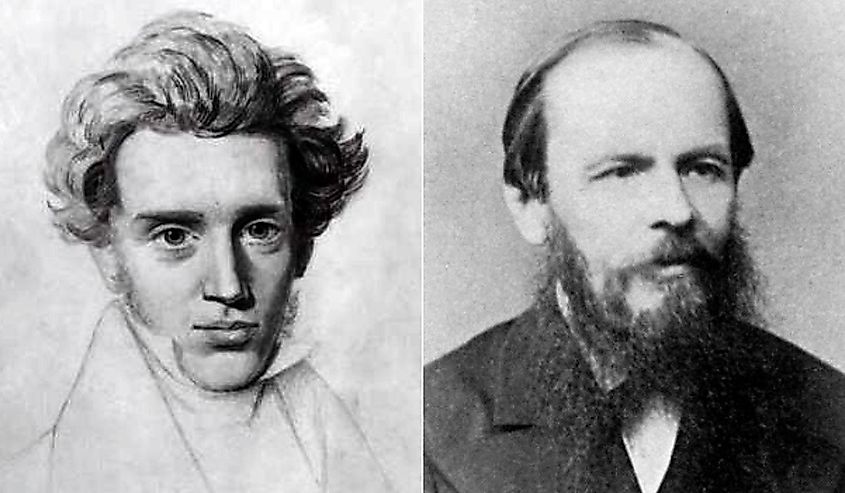
Existentialism is a form of philosophy that focuses solely on issues and questions of human existence. Existential philosophers explore questions around meaning, purpose, and the value of human existence. Commonly explored topics include anxiety, boredom, freedom, will, subjectivity, awareness of death, risk, dread, responsibility, and consciousness of existing.
Existentialism is most often associated with 20th-century philosophers. However, the philosophy dates back to thinkers from the 19th century. Some of the earliest existentialists were Soren Kierkegaard, Friedrich Nietzche, and Fyodor Dostoevsky, who all focused on the problem of meaning. Some people consider Blaise Pascal from the 17th century to be one of the first existentialists. However, this is often thought to be anachronistic.
Founders
Blaise Pascal
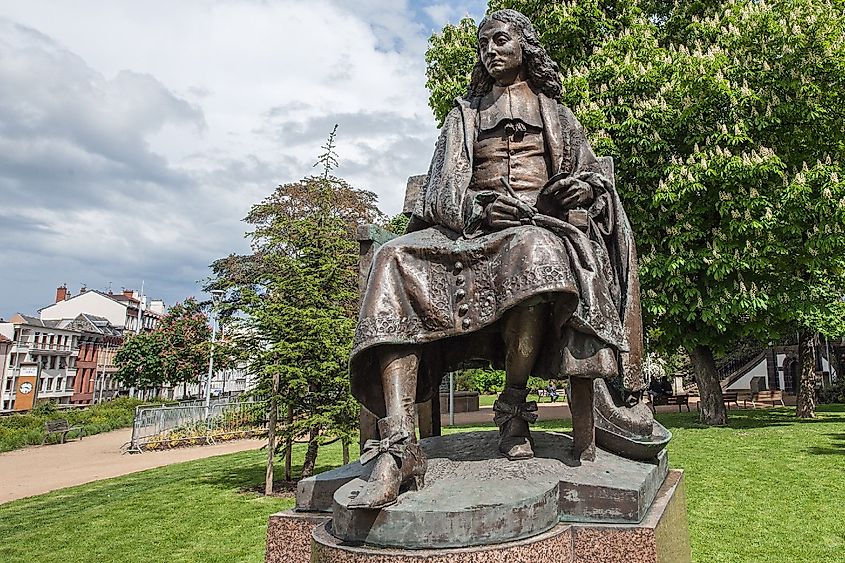
Blaise Pascal's 1670 book Pensées, introduced some of the earliest concepts acting as a forerunner of existentialism. Pascal's main argument was that life without God was meaningless and would lead to misery because of people's mortal existence. According to Pascal, a mortal existence forces people to confront their own emptiness. The result is that people create obstacles to overcome to escape their own boredom. Ultimately, Pascal describes this as a state of spiritual poverty. He says it is a distraction from the fact that people will one day die.
To solve the problem of spiritual poverty, Pascal introduces an idea known as Pascal's wager. The wager states that people have everything to gain and nothing to lose from believing in God. The best option, Pascal says, is to therefore believe in God. Other existentialists later criticize this idea as being a refusal to truly accept the human condition.
Soren Kierkegaard
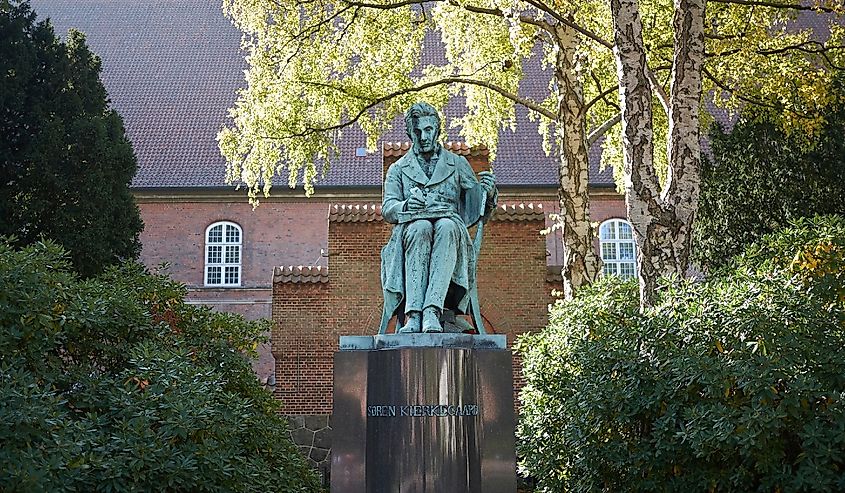
While Pascal was the forerunner of existentialism, Soren Kierkegaard is often cited as the father of existentialism. However, Kierkegaard is also considered more of a religious thinker than a philosopher. Unlike most philosophers, he never practiced a methodological way of thinking.
One of Kierkegaard's prominent ideas and contributions is around the idea of subjectivity. Kierkegaard saw subjectivity as going beyond rational objectivity. Since our understanding as humans is always limited and finite, rational objectivity is also limited and finite. However, humans think about themselves in ways that philosophical rationalization does not contain. Kierkegaard concludes that the full experience of being human is only understood from inside the person experiencing it.
Friedrich Nietzche
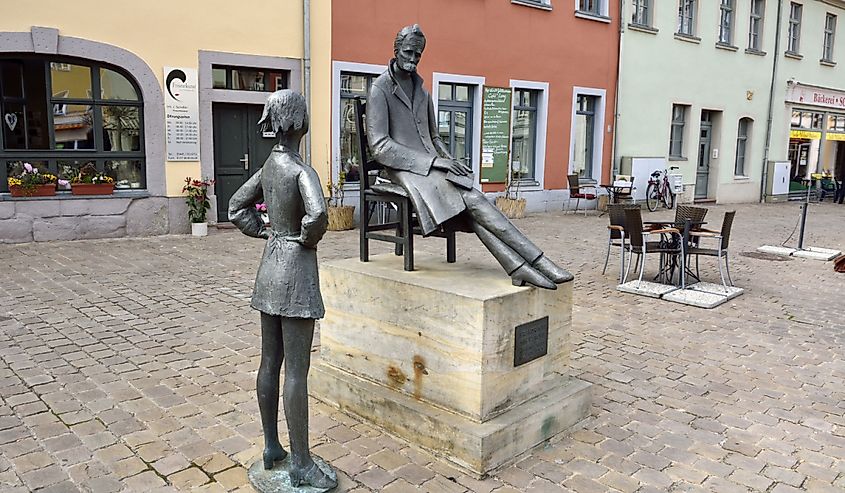
Friedrich Nietzche was another forerunner to existentialism. He was famous for his critique of Western culture and Christianity. Nietzche realized that human nature was inconsistent and dependent on the beliefs and values of the person. He also believed people could change their identity, creating and recreating themselves. This idea laid the foundation for later existential philosophers such as Sartre (who emphasized freedom and choice) and Heidegger (who emphasized creativity).
Main Ideas
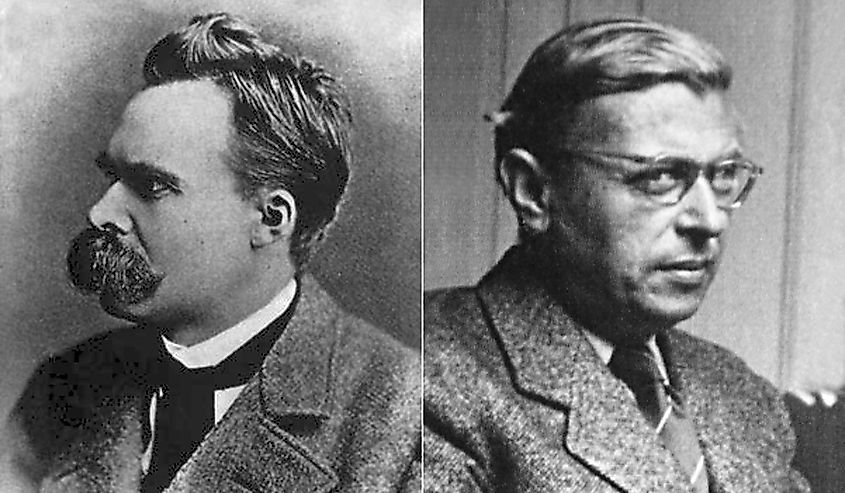
Although existential philosophers all diverge into different thoughts, they all focus on the question of existence. This question is at the heart of existentialism. There is a shared assumption amongst existentialist philosophers that existence precedes essence. This is the idea that existence goes beyond rational concepts and objective or scientific knowledge. Extreme proponents of this idea have taken on the stance of anti-philosophy in the name of existence. Existentialism further rejects rationality by rejecting the idea that primary reality is rational consciousness. This was an idea rationalists such as Descartes held.
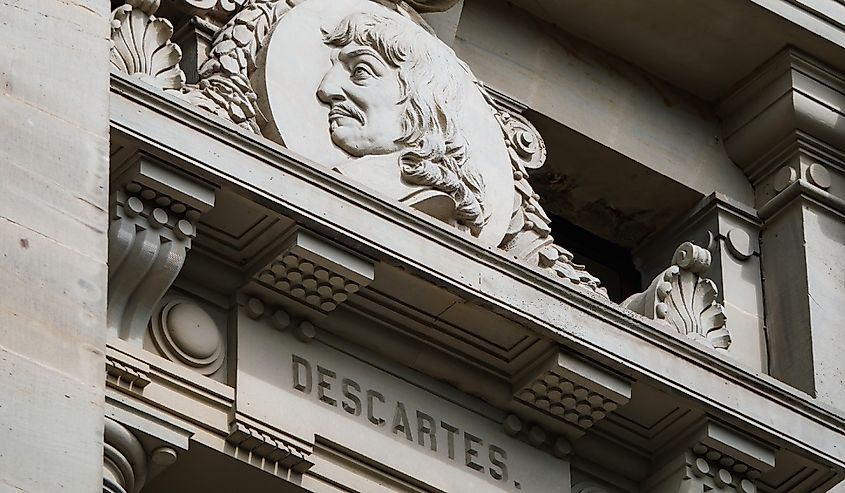
Descartes argued that humans could think away everything that exists and therefore doubt its reality. However, Descartes argued humans could not think away themselves and, therefore, not doubt the reality of their own consciousness. Philosophers such as Descartes believed that nothing was more certain than the reality of consciousness. Existentialism, by contrast, rejects this idea and asserts that humans are just thrown into the world. Different Existentialist philosophers interpret this differently. According to existential philosophers such as Heidegger, this means a supreme being, or God, determines what humans are. Other philosophers, such as Sartre, interpret the concept of humans as being something humans create and identify with.
Sartre's recognition of human's freedom to choose and create the definition of human leads to another important existential philosophy, the emphasis on will over reason. Many existential philosophers view decisions and actions as fundamental to human existence. By contrast, rationalism stresses the importance of thinking and reasoning to decide what someone should do.
Methodological Issues
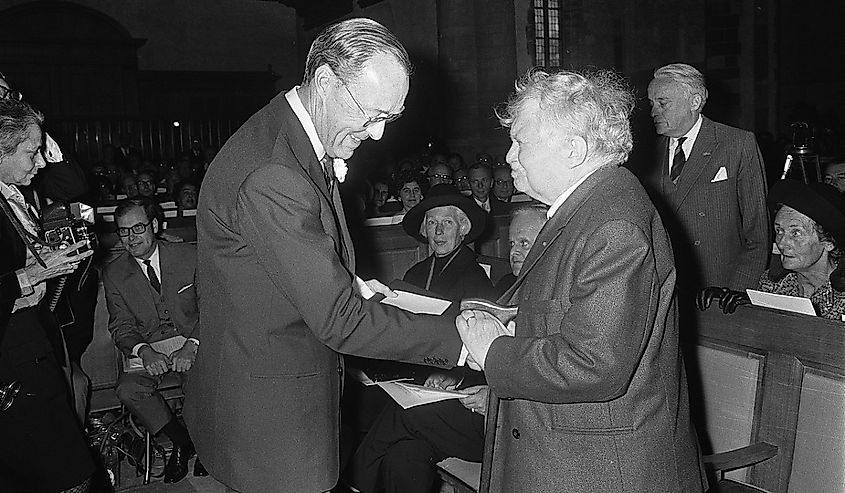
When people ask questions about existence, they are acting as both the interrogator and the interrogated. This is a methodological issue in existentialism. When someone asks the question "What is being?" they respond in their own existence. Existential philosophers have responded to the methodological issue in different ways. Sartre responded by explaining the method of philosophy as existential psychoanalysis. This type of psychoanalysis tries to find the original choice that humans have built their world on.
Existential philosopher Gabriel Marcel believed the true method of philosophy was recognizing the mystery of being and realizing humans cannot understand existence solely from rationality. Existential philosophers Abbagnano and Merleau-Ponty had yet a different chosen methodology for philosophy. They believed the true method of philosophy consists of the analysis and the determination. This idea involved using all known methods, including science, to understand reality and being.
Criticisms
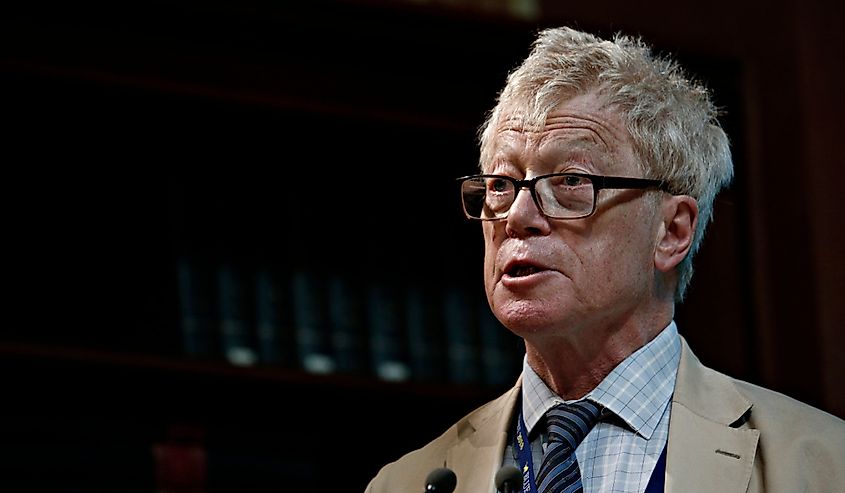
Criticisms of existentialism include some existential philosophers' use of language. Rationalists, such as Carnap, criticize existential philosophers for confusing the verb "to be" in their analyses of "being." They claim the verb "to be" asserts something, and without an assertion, the verb is meaningless.
Existentialist philosophers are also criticized for being incoherent. Roger Scruton claimed that Heidegger's concept of inauthenticity and Sartre's concept of bad faith were both incoherent and denied any universal moral code. However, both Sartre and Heidegger assume everyone will follow this idea, which is a universal code in itself. Sartre responded to this criticism by explaining that bad faith is not a moral code but a way of being.
Conclusion
From Pascal to Sartre, existentialist philosophers were arguably some of the greatest thinkers of their time. The philosophy's emphasis on humans as free and responsible for their own lives has changed the way people see their existence. Existentialism can empower people to take action. Although existentialist ideas can be daunting, as personal responsibility often is, existentialism is also freeing. If people believe they are free and responsible for their own lives, they can start taking control of their life and shape it the way they want.







